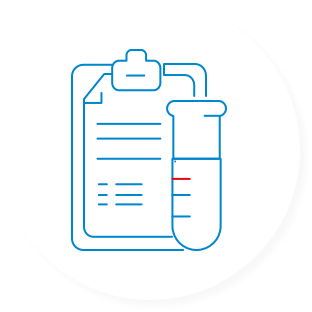ColdZyme® is a fast acting mouth spray that protects you from cold & flu viruses. It works by creating a protective barrier in your mouth and throat, blocking viruses before they can attach and cause an infection.
Use ColdZyme® for quick and effective protection to help guard against and relieve cold & flu symptoms.



A new scientific article, published in the Journal of Physiology, confirms that ColdZyme not only alleviates cold symptoms but can also reduce the number of sick days.
The article is a collaboration between the University of Kent, the Ignaz Semmelweis Institute, and Vetmeduni Vienna.
ColdZymeⓇ is a mouth spray that protects against upper respiratory tract viruses causing common cold and flu-like symptoms.


ColdZymeⓇ can be used before and during infection by adults and children from 4 years. ColdZymeⓇ is a CE-marked medical device,
ColdZyme® is unique because it directly targets the viruses that cause colds and flu-like symptoms. It forms a fast-acting protective barrier in the mouth and throat, capturing viruses and stopping them from infecting cells, giving your body the chance to naturally eliminate the virus.
ColdZyme® not only protects against viruses but also helps alleviate symptoms and can shorten the duration of illness when used at the early stages of infection.
Available in both 20ml and 7ml packs, ColdZyme® is easy to use for quick and effective protection.
The 7ml pack is ideal for short-term use and lasts for approximately one cold or flu, while the 20ml pack provides extended protection, lasting through two to three incidents of cold or flu.

ColdZyme® forms a protective layer in your throat, catching harmful viruses that cause colds and flu-like symptoms.

Once captured, ColdZyme® helps block the viruses from attaching to your cells, stopping them from spreading in your body.

ColdZyme® coats and moisturizes your throat, offering ongoing protection and soothing relief from symptoms.
ColdZyme® works best when used early. Start using it as soon as you notice the first signs of an infection, like a sore throat, sneezing, or a runny nose. It’s also a smart idea to use ColdZyme® when you’re at risk of being exposed—whether in crowded places like public transport, offices, or while traveling.
For optimal results, continue using ColdZyme® regularly until symptoms are gone, or as long as there is a risk of catching something. By using ColdZyme® early and consistently, you can help reduce the impact of an infection and feel relief faster.





The following symptoms are examples of first signs of a common cold






Using ColdZyme® is simple and convenient. Just follow these easy steps to get the best protection and relief:
For best results, use ColdZyme® every two hours, up to six times a day, especially when you feel you’ve been exposed to cold or flu viruses or when symptoms start to show.
Continue using ColdZyme® until your cold symptoms are relieved.
Whether you’re at home, work, or traveling, ColdZyme® can easily fit into your routine, giving you fast-acting protection whenever you need it.

All ColdZymeⓇ product packaging is recyclable through most household recycling schemes. The trypsin enzyme in ColdZymeⓇ is sustainably sourced as a by-product of the fishing industry

